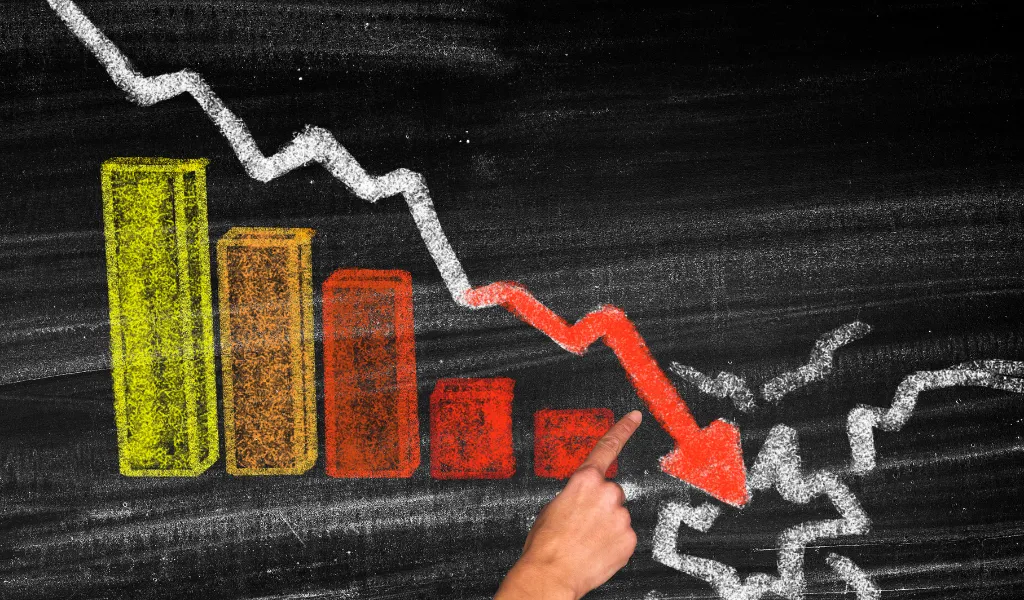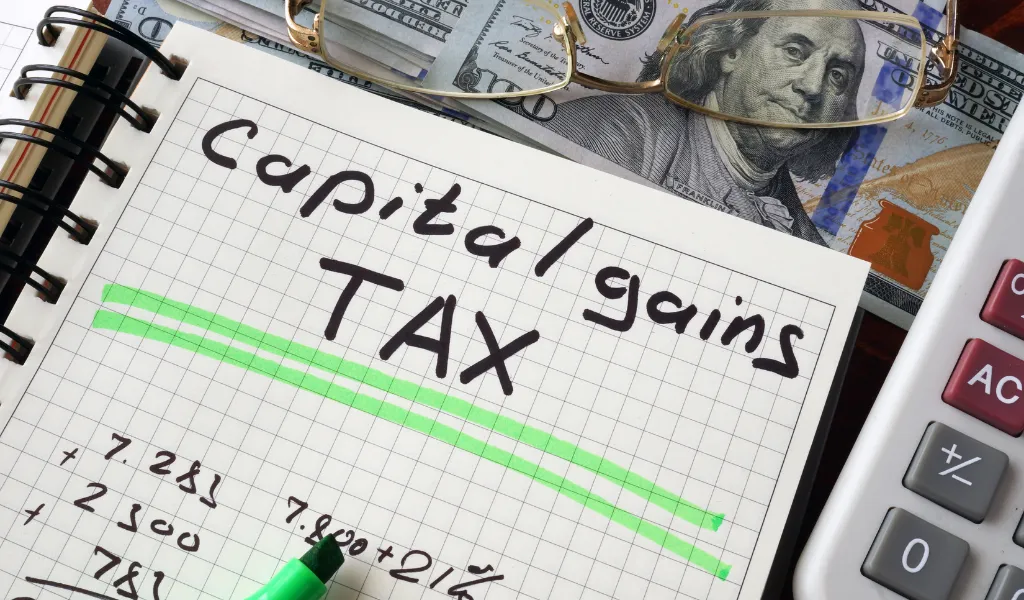People want to declare bankruptcy to write off heavy debts and start over. An individual can file for their own bankruptcy, or their creditors can go to court to declare them bankrupt. It is not a simple process, and you should think it through before going down this road. That is why this guide will discuss bankruptcies in the UK – how long does it really last? First, let’s discuss the definition of bankruptcy.
What is Bankruptcy?
The definition of bankruptcy is as follows: A legal process that helps individuals deal with debts when they cannot afford to repay them. In summary, your creditors receive their share of your assets, and you can start fresh as your debts are written off. Once the debts are cleared, you will not need to make any payments towards them. Moreover, your creditor cannot reach you or take you to court.
Also, they cannot add any more interest and fees. Nevertheless, there are considerable disadvantages to declaring bankruptcy. You should not take it lightly. You may end up facing the sale of your possession, which can include your home. Additionally, you can lose shares and savings. Although, in most cases your pension is exempt. While you are bankrupt, you may need to make further payments to the Government Insolvency Service. You will have restrictions placed on you, including on borrowing money. A negative impact will befall your credit score. If you work in the financial or legal sector, it can affect your job.

What Happens If You are Declared Bankrupt?
Bankruptcy can occur either voluntarily or in court order. After this, you must follow through with certain things, such as.
- Give a list of all your assets to the Official Receiver.
- Tell the Official Receiver about your financial situation.
- In case your income rises during bankruptcy, you need to tell your trustee.
- Appear in court to explain your debts if the courts ask you to do so.
When you are bankrupt, there are certain things that you cannot do. Including the following:
- You cannot become a company director without permission from the court.
- Without the permission of the court, you cannot start a new company, magnate one, or promote one.
- Accepting any loans or credit worth more than £500 is not possible without informing the lender about your bankrupt.
- Working as an insolvency practitioner is not possible.
- You cannot manage any business without letting the people you work with know that you are bankrupt.
All this makes it clear that bankruptcy is possibly the most serious financial matter. Bankruptcy puts you under so many restrictions that affect your finances. Not only that, but your life as well. If you are a business owner who needs to keep trading during bankruptcy, then this is doubly true for you. There is a way around this issue. You can assign a family member or even a friend as a director.
Bankruptcies in the UK – How Long Does It Really Last?
Let’s talk about the duration of bankruptcy. Usually, it lasts for twelve months. Once your bankruptcy ends, you get discharged. Yet, the effects of bankruptcy last longer than just twelve months. Even if you still possess assets or make no payments to creditors, discharge can still happen. It still applies if you are paying an Income Payment Arrangement (IPA). Through an IPA, you can make monthly disposable income that pays off your creditors. Furthermore, you pay off the costs of administering the bankruptcy.
If you do not cooperate with the Trustee, then discharge can get delayed. The trustee is either the Official Receiver or Insolvency Practitioner. The Trustee will apply for delay through the court if you do not cooperate or if there is any indication of dishonesty.
How Long Will Bankruptcy Remain on Your Credit Report?
Your bankruptcy remains on your credit report for a minimum of six years. What does it mean to have bankruptcy in your credit files? Well, it means that lenders will know that you are bankrupt and therefore consider you a risk when deciding to loan you money.
There are many ways that bankruptcy affects your credit report. You will find it difficult to get a mortgage or a car finance. Or even a mobile phone contract. The six-year period starts from the date of your bankruptcy. Although the bankruptcy will end after twelve months, lenders can still see it for six years. The debts you had default, and they appear for six years as well. Make sure the default dates are not later than the date of your bankruptcy. If they are, then you should complain and ask them to correct this mistake.

Is It Possible for a Bankruptcy to Stay on Your Credit File for Longer Than Six Years?
In a scenario where you act negligently according to the Official Receiver, they can place a Bankruptcy Restriction Undertaking (BRU). Or they can set up a Bankruptcy Restriction Order (BRO). As a result, you will face restrictions for up to 15 years. Additionally, the bankruptcy on your credit file will not go away till the BRU or BRO ends. Thus, it is important to know bankruptcies in the UK – how long does it really last?
How Does Bankruptcy Affect Your Credit Rating?
Once you get a bankruptcy on your file, your credit scores are likely to decline. When lenders look at your file, they will see that there are defaults. Then, they are not likely to grant you a loan. Through credit references, lenders can see if someone is responsible for their debt. Then, they can decide if this individual can make full and timely repayments. A lender sees you as risk if you have a bankruptcy on file.
This is because it indicates that there were serious issues in the past. For the duration of the bankruptcy on the file, you are likely to struggle to get a mortgage. Which in turn makes it difficult to get a rental tenancy. Furthermore, if you do get credit or loans, they will have high interest rates. Since you are a high risk in their eyes, lenders increase interest rates. Therefore, the cost of borrowing is more overall. With time, these negative effects will lessen. After the bankruptcy is gone from your file in six years, your score will improve. Meanwhile, there are other ways you can improve your score.
How Can You Check Your Credit Score?
Experian, TransUnion, and Equifax are three main Credit Reference Agencies. As different lenders tend to use different CRAs, you should look at all of them to get a clear picture.
Effect of Bankruptcy on Future Borrowing
Now, the question arises, what is the effect of bankruptcy on your future borrowing? Well, it has a negative impact on your credit score. Which leads to you finding it difficult to obtain credit. The reason for this is that a lender will consider you as a high-risk borrower. The downside is that you will bear this consequence even after the removal of bankruptcy from your credit report. Anyone who was once bankrupt may face rejection by lenders. Sometimes, lender may offer you credit, but it comes with high interest rates. Or perhaps they apply terms and conditions that are strict.
Ways to Rebuild Credit After Bankruptcy
After bankruptcy, you can rebuild your credit by doing the following: Practise Good Credit Habits as Much as You Can: The best way to practise good credit habits is to remain ahead on your bills, pay your debts on time, fully pay off credit balances, and have emergency savings. When rebuilding your credit, your financial behaviour plays a major role. Therefore, you should remain responsible.
Try to Apply for a Secured Credit Card: The good new is that you do not need good credit to qualify for a secured credit card. You simply need to offer a deposit to the creditor. Since rates and fees differ, you should do thorough research before choosing a lender. Otherwise, you may end up with a card that has a high interest rate. It is best to consider a Credit-builder loan: The lender manages a savings account in which you make monthly payment. This is how credit-builder loans work. You receive the money that is in the account when the payment term ends. It is important to comprehend bankruptcies in the UK – how long does it really last?
Is Bankruptcy Reversible?
Usually, your bankruptcy will last for twelve months. After the twelve months are over, you will get discharged. This means that the restrictions on you will come to an end. As a result, your remaining debts get written off automatically. There is a chance of extension if you do not cooperate with your trustee. They are the one managing everything. If this happens, they will apply for a bankruptcy extension that is twelve months long. Thus, it is best to listen to your trustee and follow their advice. This will ensure that the bankruptcy has as little effect as possible on your credit rating.
Conclusion
To summarise, bankruptcy has its pros and cons. You must weigh them carefully before deciding to declare bankruptcy. Usually, it lasts for twelve months. Yet, it says on your credit report for six years. Although, in certain cases, it may last longer. It is best to understand all the legalities before moving forward with this process.








